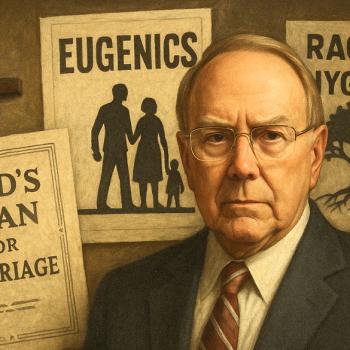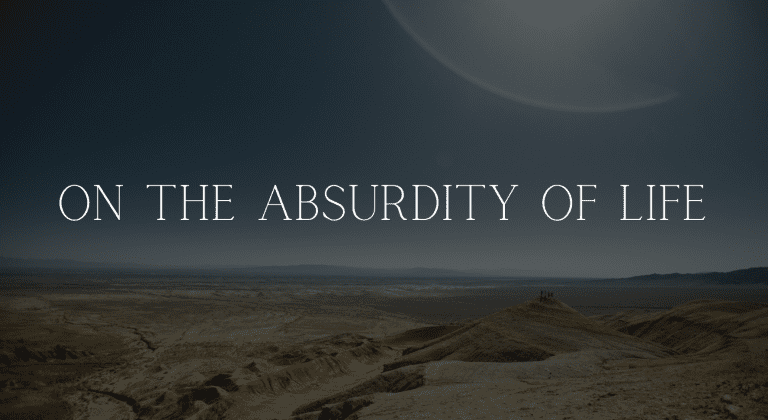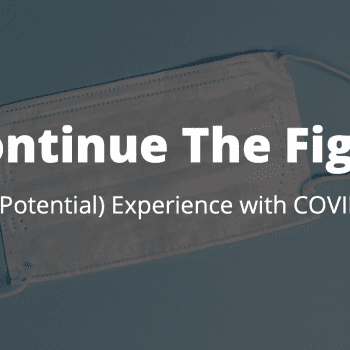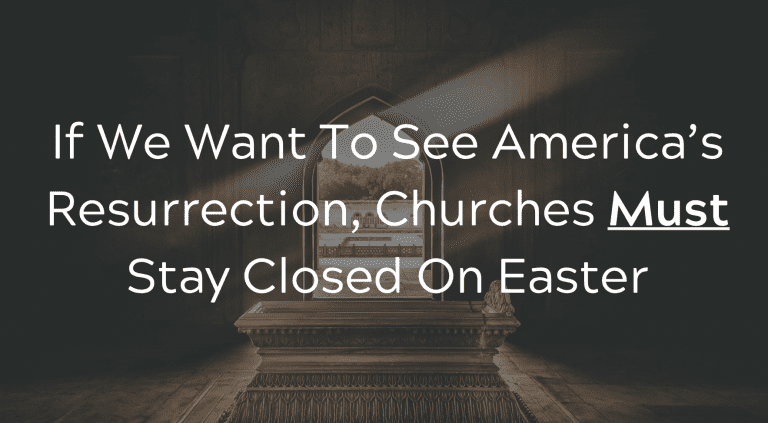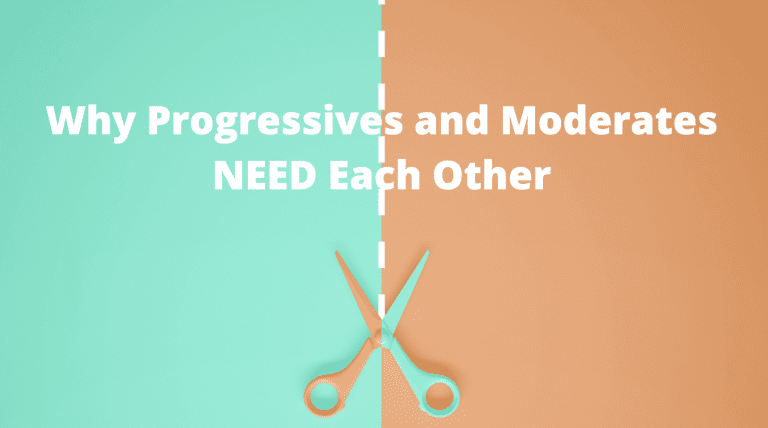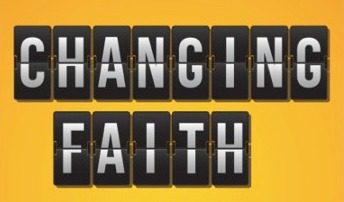 We are living in an age of great reformation and renewal- in the Church, in culture, and in society as a whole. Everything seems to be changing at a more rapid pace than it ever has before. In the midst of this all, many people of faith are gripping harder than ever to the certainty that our faith has given us to comprehend what is happening in our world. Still others of us are finding ourselves plagued with questions and doubts about the trustworthiness and reliability of our faith and the systems and structures that come with it. It is in to this complex space that my friend Michael Hidalgo writes his newly released book “Changing Faith: Questions, Doubts, and Choices About An Unchanging God.” Today, I sat down with Michael to talk a bit about his new book and how we should respond, as people of faith, to the new complexities and insights that our culture continues to present us with.
We are living in an age of great reformation and renewal- in the Church, in culture, and in society as a whole. Everything seems to be changing at a more rapid pace than it ever has before. In the midst of this all, many people of faith are gripping harder than ever to the certainty that our faith has given us to comprehend what is happening in our world. Still others of us are finding ourselves plagued with questions and doubts about the trustworthiness and reliability of our faith and the systems and structures that come with it. It is in to this complex space that my friend Michael Hidalgo writes his newly released book “Changing Faith: Questions, Doubts, and Choices About An Unchanging God.” Today, I sat down with Michael to talk a bit about his new book and how we should respond, as people of faith, to the new complexities and insights that our culture continues to present us with.
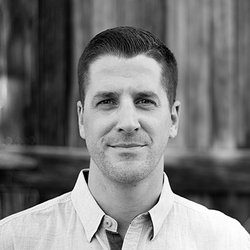 Before we start, let me make a formal introduction. Michael Hidalgo is the lead pastor of Denver Community Church, which under his leadership has grown from 40 people to over 2,000. With the ONE Campaign and Malaria No More, Michael has addressed thousands nationally. He is the author of Unlost: Being Found by the One We Are Looking For and writes regularly for Relevant Magazine. Michael, his wife and three children live in Denver, Colorado.
Before we start, let me make a formal introduction. Michael Hidalgo is the lead pastor of Denver Community Church, which under his leadership has grown from 40 people to over 2,000. With the ONE Campaign and Malaria No More, Michael has addressed thousands nationally. He is the author of Unlost: Being Found by the One We Are Looking For and writes regularly for Relevant Magazine. Michael, his wife and three children live in Denver, Colorado.
So Michael, a softball to start off with. Why did you write Changing Faith?
I am hopeful about our future – I really am. In looking ahead, however, I have seen so many of us have massive questions about how the Bible fits with recent discoveries in science or struggle to understand why many in the Church seem so narrow or are confused about why Christians and Jesus seem to be two different things.
In this midst of this change, I have listened to many people express new questions, and noticed many in the Church often try to answer these new questions with the same old answers. So I wrote the book to engage with those who have doubts and questions – not to give a new final answer but to consider what our next best steps should be. To give direction in the midst of what feels like confusion.
I love that line, “Christians and Jesus seem to be two different things”. It seems to me that one major difference between Christ’s followers and Jesus himself is that our faith is centered around believing a certain set of doctrines about God, the Bible, and the atonement. It is our “orthodox” or correct answers about those things that make or break our faith. But you suggest that faith is actually much bigger than “right” and “wrong” theology. If it’s not about having the correct view of God, what is it about?
In paraphrasing the writer of Hebrews … it’s “assurance of what we cannot understand.” Which, of course, is a paradox. In everyday life, I think faith is simply responding to the nonstop love, grace and mercy of God. It’s joining with God in the redemption and renewal he is already doing. When we commit ourselves to serving others, when we give our full self to the betterment of this world – the categories of “right” and “wrong” become far less important than we would ever have imagined. The assurance we have when we do this then – is not something we can verify, prove, or explain. Rather, we can’t understand it – we can only live it and invite others to do the same.
Along those same lines, you have this beautiful line in your book, “At the center of the Christian faith is an invitation to know a God we will never fully know.” I want to push a little bit here. How can we live with and into God without knowing God?
Let me point out it’s not about living with and into God without knowing God … it’s living with and into a God we will never fully know. By that I mean that God is so massive, so big, so expansive that the more we know about him the more we will learn there is to know. And the more we live into him – the more we will see there is to know. I think it will be this way forever. It’s actually an invitation into a never-ending relationship of depth, exploration and ultimately love.
And this is important because we often think we have God figured out, boxed in. What I am learning is when I think there is not much to know about something or someone that attitude only reflects ignorance not understanding. The more we know about something, the more we know there is to know. (wow, I think I used the word “know” a lot …)
Good points! You also talk about how our experiences inform our words more than our words inform our experiences. This sort of thing really freaks a lot of Christians out because it moves us from the realm of propositional truth and certainty to the realm of experience and “feeling”. How do we know truth if we’re trusting in our experience over propositions and doctrines?
I think we always trust our experiences. For example, what experiences have people had that tell them they are to trust doctrine first and foremost? Did they experience someone telling them that? Did their experience show them doctrine is verifiable? It’s not a matter of whether or not we are going to trust our experiences over and above anything else, including doctrine … it’s a matter of which experiences we are going to trust. Beyond that our question must be – do we trust the Spirit to speak, lead and guide us? She is still speaking! And do we have brothers and sisters to walk with us through our experiences? Spirit and community are extremely important when it comes to allowing our experiences to shape us and our view of the world.
You said “She”? That’s going to shock some people.
The word for Spirit is Hebrew is always feminine – even the pronouns!
You talk about God calling us forward. I love this image and have seen this so much in my own life and faith journey as I have sensed the Spirit nudging me to progress on a number of theological and social issues. But how do we know what is truly God calling us forward? Those of us who grew up as conservative Christians were so discouraged from moving beyond the foundation of the “unchanging truth” of God’s Word. How can we possibly progress beyond what has already been revealed and proclaimed by the Church for 2000 years?
As we look back over the last 2,000 years I think we see the church at every age and in every place asking this exact same question! All one needs to do is read through the book of Acts and we see the Spirit nudging and leading – and sometimes shoving – the Church further out.
Always expanding the boundaries in ways they never thought possible. This is why, in Acts 11, the Church is so scandalized by Peter hanging out with Cornelius and his family for a few days. Peter’s response? “Who am I to stand in God’s way?” A question we should all ask ourselves.
Moving forward is not dangerous – it’s necessary and it’s what the Church has always done as we’ve been led by the Spirit and given wisdom through Scripture. Remember, God doesn’t change, but our world does. And God has always been faithful to meet his people exactly where they are.
Change should not scare us – because the unchanging God is our center in the midst of change.
So, you contrast our ever-evolving faith with an “Unchanging God”. But doesn’t God himself change and evolve sometimes too?
In the book I talk about our limited power of observation and understanding. I speak of how science can study the same thing for centuries and continually happen upon a new discovery. It’s not that the things they are studying have changed, only their ability to see, observe and understand them. I think it’s the same with God – as we grow and learn we see God differently. Is it us who changes and evolves or God? We often think the answer is that God changes … but maybe it’s us.
In the book, you talk about how much of the “Gospel” that we preach today is actually bad news. In your opinion, what is the Good News?
The good news is no person and no thing is ever beyond the renewal, redemption, grace, love, hope, mercy and repair of our loving God. The good news is God has taken all our evil, violence, shame, sin and fear and nailed it to the cross and transformed it through the resurrection into new life. The good news is that God is redeeming everything – even our worst mistakes, biggest regrets, darkest secrets will one day be transformed into something beautiful … that’s a start. I could keep going.
I love this conversation and we could keep going for hours. The things you’re saying and have written in Changing Faith are so pertinent to so many of us who feel like wanderers and nomads on this journey of faith. But, for the sake of keeping this post short enough that it’s readable, I’ll just ask one more question! So in conclusion-What is the one message that you want everyone who reads “Changing Faith” to walk away with?
I want those who read this book to know that verbalizing questions and doubts are a sign of a faith strong enough to be questioned. By reading Changing Faith they will not get a whole bunch of new answers or new proofs or a new way of defending their faith. Rather, they will be given a direction in the midst of our changing world – more of a compass and less of a roadmap. In this, they will be better equipped to navigate the terrain of faith.
Michael Hidalgo’s new book Changing Faith (Intervarsity Press) will be available on May 10th in bookstores everywhere and at Amazon.
For more information on Michael, his writing, and Denver Community Church, visit his website here.
Bonus: Check out the trailer for Changing Faith below:





